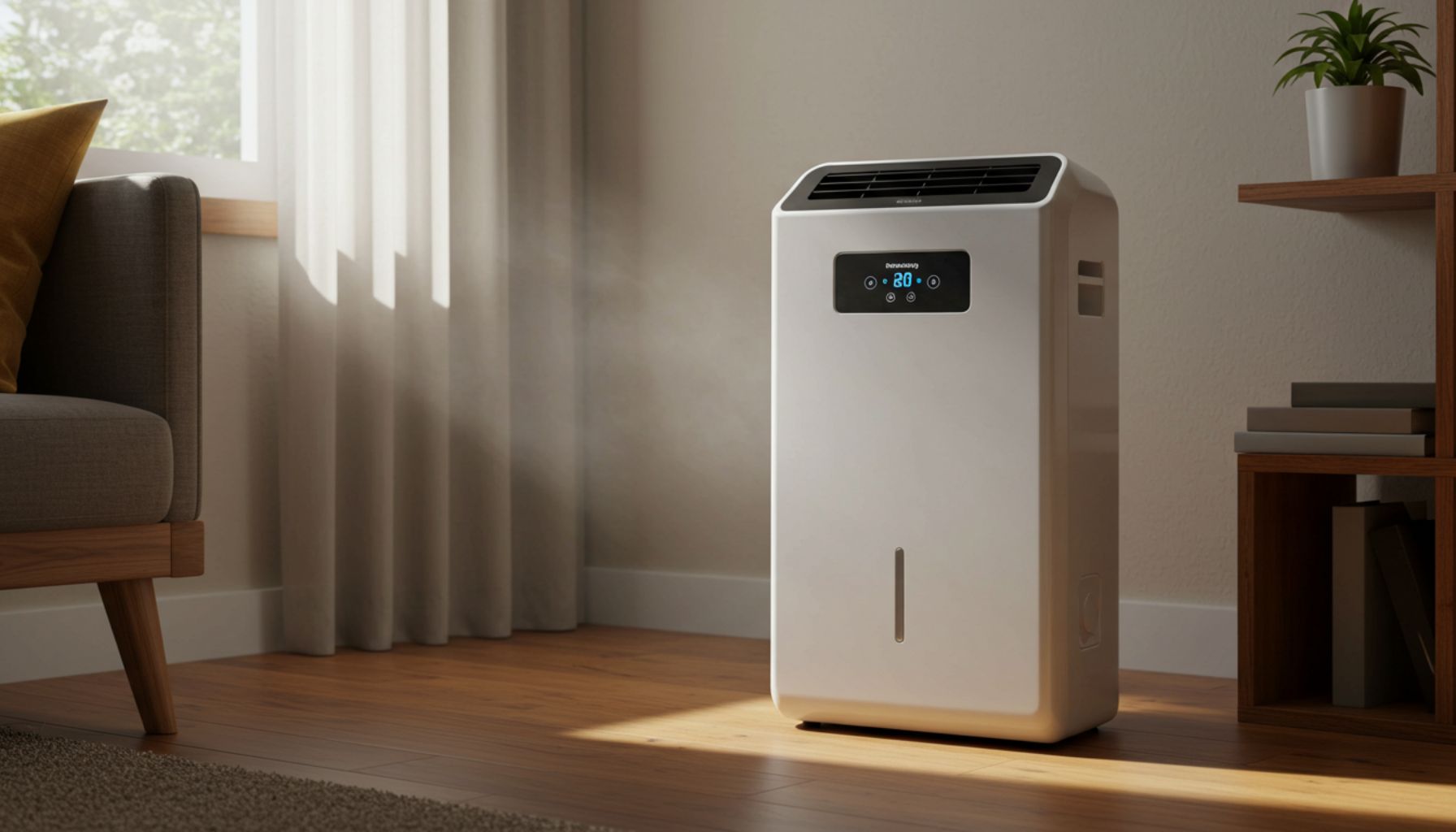7 Best House Dehumidifiers You Must Avoid
Comfort and health depend on you keeping your house’s humidity level appropriate. Though not every model live up to the promise, a house dehumidifier can be a game-changer. This guide will walk over the features, advantages, and possible drawbacks of selecting a home dehumidifier so that you may decide with knowledge.
Table of Contents

Why Do You Need a House Dehumidifier?
Excessive humidity can lead to various problems, such as:
- Mold and mildew growth
- Dust mites
- Musty odors
- Structural damage to walls and furniture
A reliable house dehumidifier helps reduce these risks, improving indoor air quality and protecting your home.
Key Features to Look For in a House Dehumidifier
Energy Efficiency
A dehumidifier should be energy-efficient to save on electricity costs. Look for models with the ENERGY STAR certification.
Capacity
Choose a unit based on your home’s size and humidity level. Small models suit single rooms, while larger units cater to entire houses.
Noise Levels
Since a dehumidifier runs continuously, opt for one with minimal noise output to ensure comfort.
Smart Features
Modern house dehumidifiers often include Wi-Fi connectivity, remote control, and humidity sensors for precise control.
7 House Dehumidifiers You Should Avoid
Not all dehumidifiers are created equal. Below are seven models with features that may disappoint.
1. XYZ Model 3000
- Poor build quality
- High noise levels
- Inadequate moisture removal
2. ABC Ultra Pro
- Overpriced for its capacity
- Noisy operation
- Limited warranty
3. DEF Compact Max
- Small water tank
- Inefficient energy usage
- No automatic shut-off
4. GHI Smart Dehumidifier
- Complex setup process
- Limited app functionality
- Expensive repairs
5. JKL Eco Model
- Frequent breakdowns
- Noisy compressor
- Poor customer support
6. MNO Budget Saver
- Ineffective in large spaces
- Lacks essential features
- Questionable durability
7. PQR Premium
- High initial cost
- Bulky design
- Difficult maintenance
How to Choose the Right House Dehumidifier
Assess Your Needs
Determine the size of the space, the average humidity levels, and your budget.
Read Reviews
Customer reviews and expert ratings provide valuable insights into a product’s reliability.
Look for a Warranty
A good warranty ensures peace of mind and covers unexpected issues.
Benefits of Using a House Dehumidifier
- Prevents mold and mildew
- Reduces allergens
- Improves air quality
- Protects furniture and walls
- Enhances overall comfort
Proper Placement and Maintenance Tips
Placement
Position the dehumidifier centrally for maximum coverage. Avoid placing it near walls or furniture to ensure proper airflow.
Maintenance
- Clean the filter regularly
- Empty the water tank or connect a drain hose for continuous drainage.
- Inspect for wear and tear periodically.
Common Mistakes to Avoid When Using a House Dehumidifier
Running It Non-Stop
Continuous operation can overwork the unit. Use the built-in humidistat to maintain optimal levels.
Neglecting Maintenance
Failure to clean filters or empty the tank reduces efficiency and lifespan.
Choosing the Wrong Size
An undersized dehumidifier will struggle, while an oversized one wastes energy.
Conclusion
A house dehumidifier is a worthwhile investment for maintaining a healthy and comfortable home environment. Avoid models with poor reviews or inadequate features, and focus on those that match your specific needs. By following this guide, you can enjoy the benefits of a moisture-free home without the hassles of a subpar product.
FAQs
Q1. What size house dehumidifier do I need?
The size depends on the area’s square footage and humidity levels. Use a dehumidifier sizing chart for guidance.
Q2. How often should I clean the filter?
Clean the filter every two weeks or as recommended by the manufacturer.
Q3. Can a house dehumidifier help with allergies?
Yes, it reduces allergens like mold and dust mites, improving air quality.
Q4. Are smart dehumidifiers worth it?
Smart dehumidifiers offer convenient features like remote control and humidity monitoring, making them worth considering.
Q5. How do I know if my dehumidifier is working properly?
Check if it’s collecting water and maintaining the desired humidity level. If not, inspect for clogs or maintenance needs.
Do you have questions, or are you ready to start your next project? Explore our services at AiRCO Mechanical!

